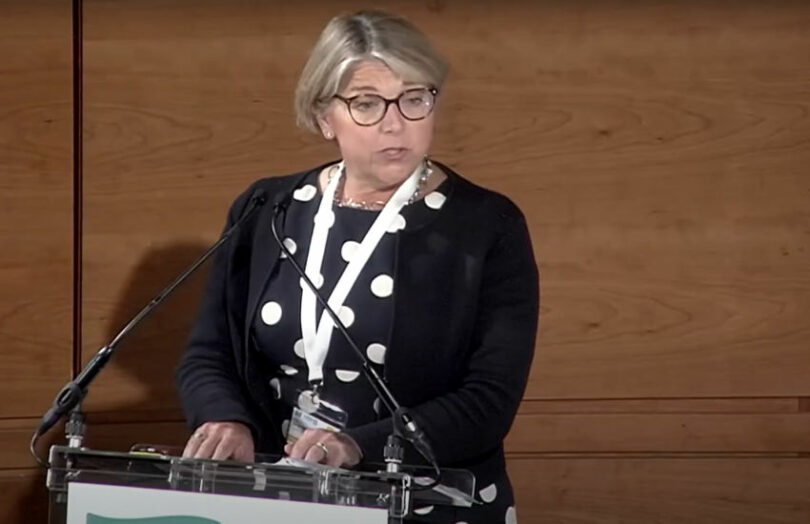Sarah Breeden, Deputy Governor of the Bank of England, outlined some steps the central bank is taking to support innovation during a speech yesterday. She highlighted the Bank’s plans to support the wholesale settlement of tokenized assets in central bank money. And she emphasized the urgency of banks to embrace innovation. Her views are not being ignored. All of the UK’s major banks are participating in the latest Regulated Liability Network tokenization trials.
Commercial banks need to innovate
When one thinks of the UK, one thinks of an economy with advanced payments. After all, its faster payment systems launched in 2008, and most people make contactless retail payments. However, Ms Breeden highlighted that these retail payments predominantly use cards. That contrasts with India’s UPI, Sweden’s Swish and Brazil’s Pix, which use bank deposits directly.
“I am firmly of the view that the technology revolution will hit – indeed, is hitting – finance in the way that it has hit other sectors of the economy,” said Ms Breeden. “It strikes me that, for banks (as the incumbents), payments innovation is both a first-tier opportunity (given the potential benefits for them and their customers of additional payments functionality) and a first-tier threat (given the risk of disintermediation by new players). That in my view demands urgent action.”
During a talk last week, she seemed concerned that banks might not take effective action.
To that end, the central bank will outline clear expectations for innovation and provide the necessary wholesale infrastructure for settlement.
UK wholesale DLT settlement
Without tokenized central money, there’s a chance that DLT settlement could happen using commercial bank money. That’s especially true with the launch of the UK Digital Securities Sandbox (DSS). The Bank doesn’t want to see a shift away from central bank money for securities settlement because it increases risk. For example, if banks hold more of each other’s money, it increases interconnectivity and reduces stability if there are market shocks.
On the one hand, the Bank of England created omnibus accounts, allowing banks effectively to share central bank accounts. Tokenized payment infrastructure Fnality is using the omnibus account to support wholesale payments. Ms Breeden described this as central bank money on private rails. While it’s been clear that Fnality was instructed to launch slowly, Ms Breeden clarified that the Bank has imposed volume limits during the initial phase.
Another area the Bank is exploring is synchronized settlement. In other words, rather than a DLT infrastructure making atomic settlement with on-chain cash, that settlement happens on the real time gross settlement (RTGS) system. The Bank trialed this last year during Project Meridian.
She noted that other central banks are exploring wholesale CBDC. The Bank’s main interest is “whether there are important differences in the payment use cases they can support.”
The third and final area of current exploration is as part of Project Agora for tokenized cross border payments with six other central bank.
Ms Breeden also covered stablecoin regulatory proposals and the Bank’s retail central bank digital currency (CBDC) work. Regarding stablecoins, we previously highlighted that systemic stablecoins would need to deposit 100% of reserves at the Bank with zero interest. The Deputy Governor emphasized that large stablecoin issuers will need to explore other models, such as fees similar to debit cards or open banking models. She acknowledged that some of the feedback stated this would effectively bar systemic stablecoins.






